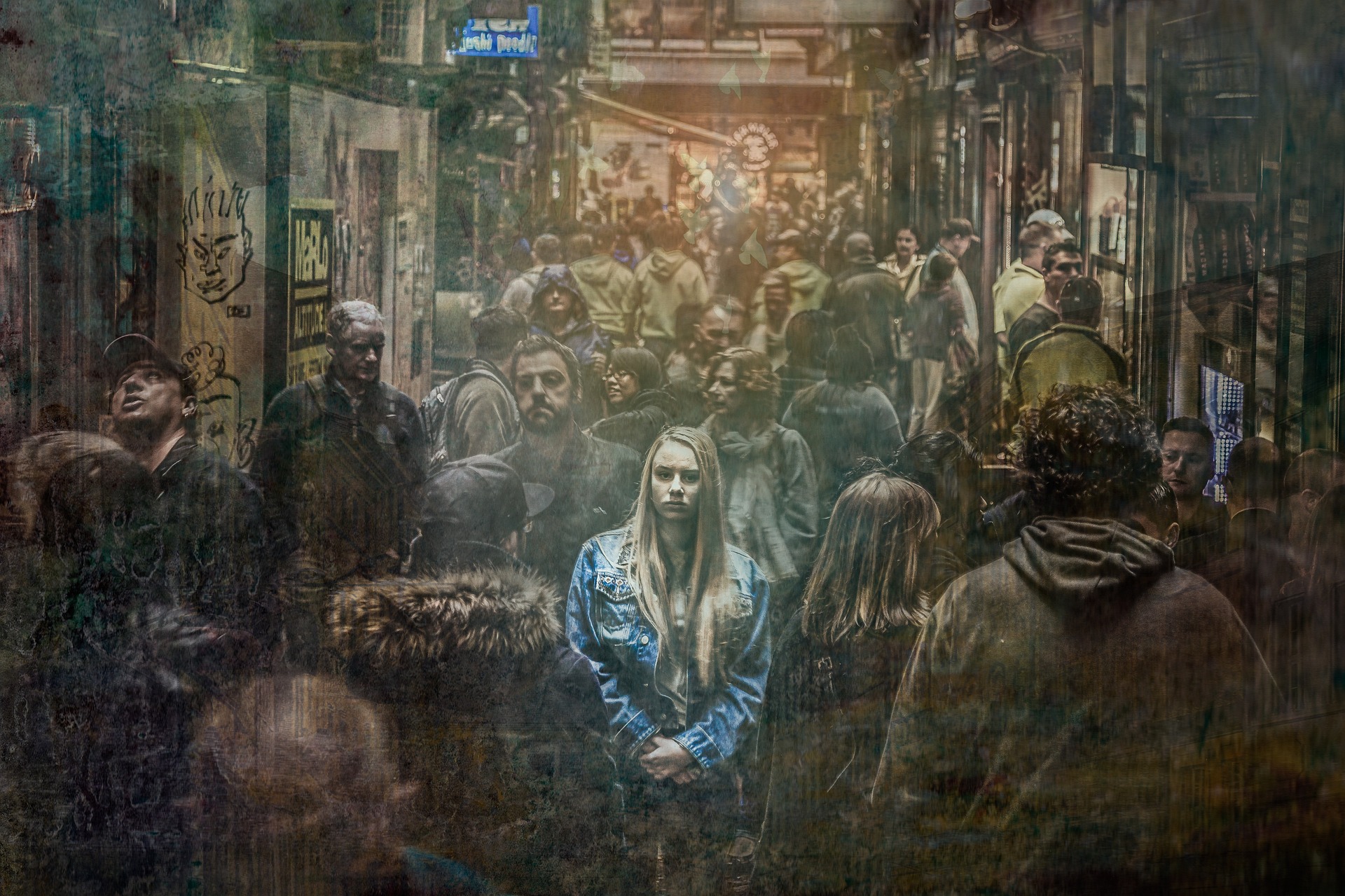Your cart is currently empty!

You know, living with epilepsy isn’t just about the seizures. That’s what most people think it is—just a person dropping to the floor, convulsing, and then getting back up like nothing happened. But that’s such a small part of it. The real struggle is everything that comes between the seizures. It’s the fear, the exhaustion, the limitations, and honestly, the way people treat you once they find out. That part hurts in a way I can’t fully explain.
I was diagnosed with epilepsy when I was a teenager. It flipped my life upside down. One minute I was hanging out with friends, biking everywhere, going to school, dreaming about my future—and the next, I had a diagnosis that made people look at me differently. Suddenly I was “fragile” or “unpredictable.” People don’t get how exhausting it is to constantly have to explain yourself. To say, “Yeah, I have epilepsy, but no, it’s not contagious. No, I don’t need to be wrapped in bubble wrap. No, I can’t just ‘try to relax and stop stressing’ to make it go away.”
The meds mess with your head. Some days I wake up in a complete fog, like I’m not even fully in my body. Other days, I’m dealing with side effects—nausea, dizziness, mood swings—and I have to pretend to be okay so I can just get through work or school without people asking questions. And let’s not even get started on how hard it is to hold down a job when your brain randomly decides to glitch. Employers don’t say it outright, but once they know, the attitude changes.
And what scares me the most? The lack of control. You don’t get to pick when a seizure hits. It could be in the middle of a date, walking down the street, or even while you’re asleep. I’ve woken up more than once with bruises and no memory of what happened. That’s terrifying. There’s this invisible weight you carry all the time—the “what if” looming over your shoulder.
But what people really don’t understand is the mental toll. The anxiety, the isolation, the depression that creeps in when you start to feel like a burden. Sometimes, you just want to feel normal. You want to go to concerts, drive a car, or travel without calculating your risk. It’s hard watching life go on around you while you sit on the sidelines, trying to manage a condition that no one can see unless it makes a scene.
So yeah, I might look fine most of the time. But please don’t assume I’m not struggling. Just because you don’t see the seizure doesn’t mean the epilepsy isn’t there—shaping every decision, every plan, every day. What I need isn’t pity. I need understanding. Patience. A little empathy. Just someone to say, “I may not fully get it, but I’m here.”
Because that alone? That can make all the difference.



